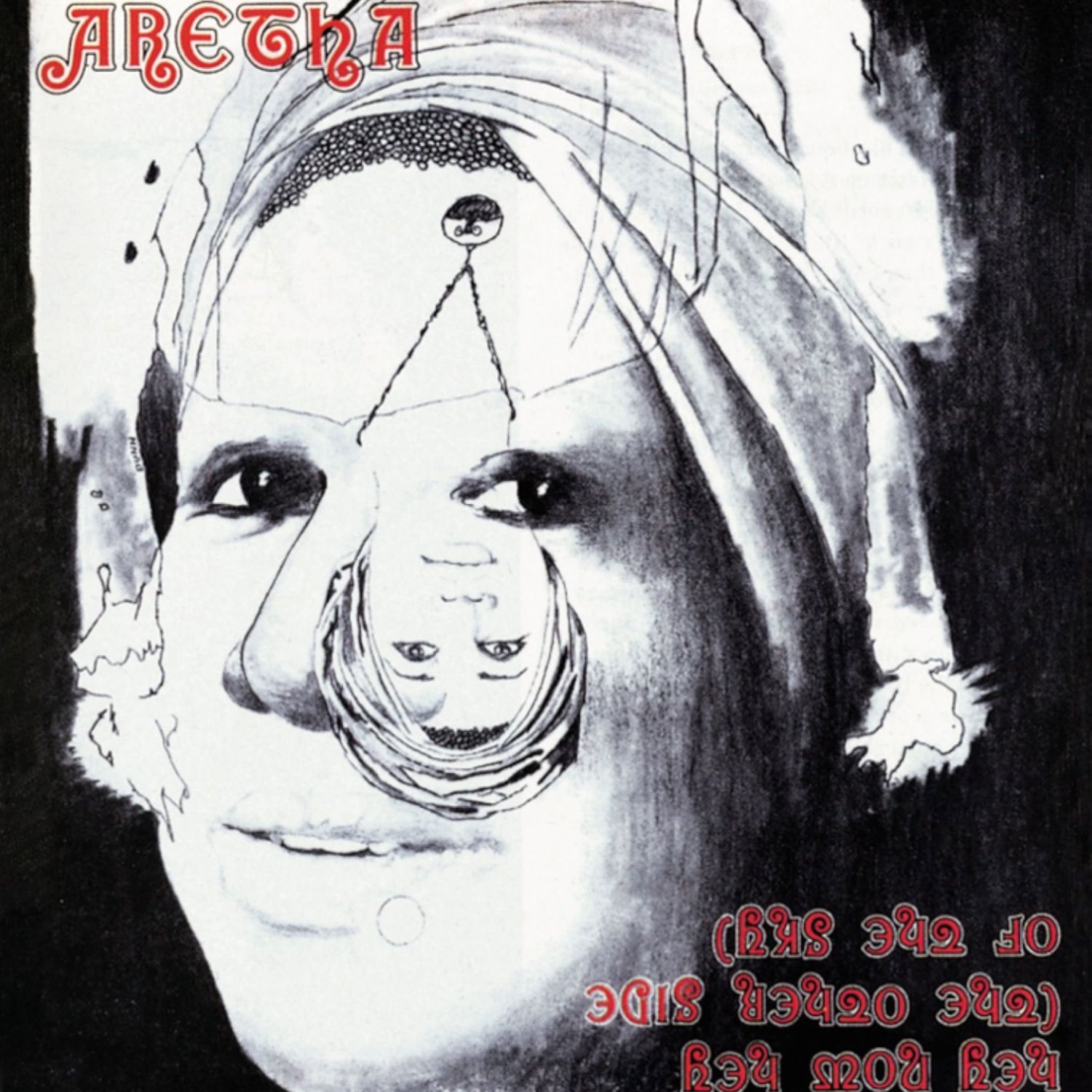In this ‘Rare Cut’ we take a look at the Queen of Soul’s 1973 remake of Bobby Womack’s heart-achingly beautiful song That’s The Way I Feel About Cha.
In 1972 some genius had the brilliant idea of teaming up the newly crowned Queen of Soul with one of the hottest producers on the scene at that time, none other than Quincy Jones. On paper you’d be forgiven for thinking that this collaboration would be a seismic event in popular music recording: combining the incredible vocal talent of Aretha Franklin with the cutting edge productions of Jones and his team. The album was to follow hot on the heels of Franklin’s gospel masterpiece Amazing Grace, and as you might expect, rather tasty things were expected from this pairing.
For whatever reason, the album didn’t come off as was perhaps hoped. The album, Hey Now Hey (The Other Side of the Sky), was the first not to hit the top 25 on the album charts in the US, and critics felt the album was Franklin’s worse up to that period. To dismiss the album is however, silly. And to say it was Aretha’s worse up to that point neglects the fact that although her recordings of standards and jazzier songs at Columbia were pleasant, they weren’t necessarily awe-inspiring. Indeed, the album, as you might expect, has some redeeming features, most notably two songs: the #1 R&B smash hit ‘Angel‘ written by her sister, and frequent backing singer, Carolyn Franklin, and a cover of the 1972 Bobby Womack release ‘That’s The Way I Feel About Cha’.
(The rather bizarre cover of Ms Franklin’s Hey Now Hey (The Other Side of the Sky) album. We’re not sure about it either.)
The song was for Womack a turning point in his career: it was the first crossover hit he had, with the tune reaching #27 on the Billboard Hot 100 Chart, while peaking at the top position on the R&B Charts which would be the first of many over the next four years. On Womack’s version his brothers sand background, while guitarist Jimmy Johnson provided the song with its delicious guitar riff. It set the tone for future Womack releases: dark yet hopelessly romantic. Womack’s version is, simply put, rather stunning.
A year later the Queen of Soul decided to release her version. By this point, Franklin had great success covering other artists songs. Often these covers were versions of popular hits. For instance, she covered Dionne Warwick’s big hit ‘I Say A Little Prayer‘, the Beatles’ ‘Let It Be‘, and of course, Otis Redding’s ‘Respect‘. As we’ve said before, the mark of a truly brilliant artist is their ability to reinterpret and reimagine songs that we already know and love.
On Franklin’s version, Quincy Jones rather cleverly took a different direction than that of Womack. Whereas Womack’s version had that gritty soul that defined his style, Jones took Franklin on a more jazzier route, plus he slowed the tempo, stretching the song to just over seven minutes. At this point in her career Franklin’s voice was at her most stunning: she had discovered her sound, her voice, and knew how to use it to best effect. With Franklin on lead, the song becomes more sultry, more romantic, and more comforting than the Womack version, providing us with a different perspective on the same song. Instrumentally, Jones set Franklin up with a fantastic track to sing on: the subtleties of the keys and the guitars, and the softness of the jazzy horns are a delight. But it really is all about Franklin’s voice: she is stunning. More than stunning in fact. Magnificent. Jones double tracker voice on the chorus to provide us with two and at times three Aretha’s singing to us, which is simply mesmerising. She performed the song on stage around this time, and it appeared on the collection of her performing live in Philadelphia.
This one is truly one of Aretha’s best little-known songs, and one that we feel is actually one of her best period. It’s just the way we feel about her.

